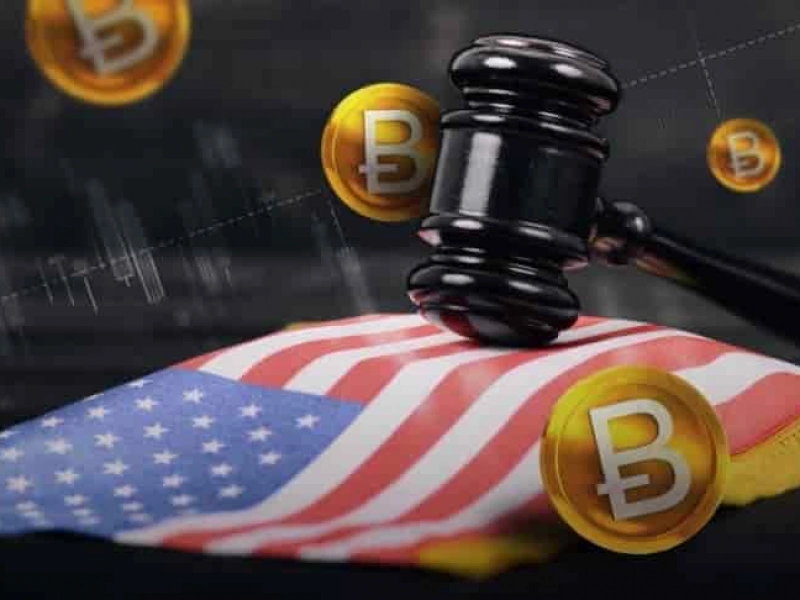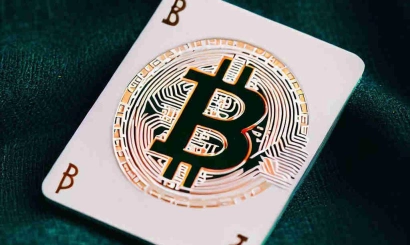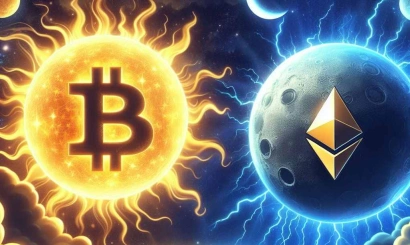The Securities and Exchange Commission (SEC) claimed that Ethereum transactions are conducted in the United States because blockchain validators (network nodes) are clustered more tightly in the United States than in any other country. This claim was made in a lawsuit against Ian Balina, a prominent member of the cryptocurrency community.
Experts explained how such a statement from the U.S. agency could turn out for the crypto industry, and which projects risk problems if the SEC's idea gets any further.
"Nothing good can be expected from this.
Strictly speaking, this is not exactly the SEC's mandate: they share this sphere with the U.S. Commodity Futures Trading Commission (CTFC), to which, in fact, they gave the issue of cryptocurrency regulation. In this situation, the SEC wants to determine where the majority of blockchain nodes (and almost half of Ethereum nodes are in the U.S. - about 45%) are located in order to apply the Securities Act.
The cryptocurrency industry does not need this by any means. If the SEC gets it right, then by that logic, all projects that are somehow related to physical location (location of mining equipment, network nodes and other country-bound locations) will be defined that way. The lawyer noted that it would then become unclear what would happen with decentralization.
"It's not certain that this SEC decision will have an impact. But if it becomes a precedent and the norm, nothing good can be expected from it any further," Machikhin said confidently.
"Liability for Unregistered Securities Issuance."
The founder of LFCS Legal Support agrees with this point of view. He specified that the risk of falling under the jurisdiction of the SEC may threaten companies with violations of the American Securities and Exchange Acts of 1933 and 1934. The expert explained that companies that issue securities without registering with the SEC can be held liable, and the definition of securities in some cases may include tokens.
ETH tokens themselves should not be affected because they have been issued and traded for a long time, they also do not have an explicit issuer, broker or underwriter, the lawyer noted. He clarified that we are talking about an open blockchain, which tokens are perceived as cryptocurrencies by U.S. law.
However, for other projects launched on the Ethereum blockchain, this could mean that the SEC could hold their developers liable for the unregistered issue of securities, the expert suggested. This would not come as a shock to the market, he said, as the SEC has long demonstrated the breadth of its jurisdiction. And in general, every major investment project on any blockchain is not immune from the risk of securities regulation being applied to it, Brisov said confidently.
"By case law.
The mention of transaction processing by U.S.-based nodes in the lawsuit against blogger Ian Balin could be interpreted as an attempt by the SEC to geographically extend its jurisdiction over any Ethereum transactions, said Aaron Chomsky, head of investment at ICB Fund. He suggested that this could set a precedent and reinforce fears about transaction censorship that have arisen since sanctions against the Tornado Cash mixer.
According to the expert, following Ethereum's transition to Proof-of-Stake and given its high degree of centralization (Coinbase, Kraken and Binance account for 30.25% of blocked ETH in the stack, according to Nansen estimates), U.S. authorities may think seriously about putting this space under their control.
Other Proof-of-Stake cryptocurrencies could face the same treatment under case law in the future, Chomsky said. He warned that this is a cause for reflection for anyone who has decided to place tokens on a network whose infrastructure elements are heavily tied to the United States.
"The current event, pending full regulatory certainty, could potentially 'freeze' the security token (investment token) segment and create risks for organizers of any other form of crowdfunding," he said.




_410x245_00e.webp)


